Noise Induced Hearing Loss, Part 1
Your ears are exposed to many types of sounds each day. People talking, dogs barking, music, and traffic are common sounds. While most of these sounds are comfortable, some loud sounds can be painful and cause damage to your hearing. The “noise thermometer” on the right illustrates the intensity (in decibels, dB) of common sounds, from humming appliances to fireworks and firearms . Exposure to loud sounds can result in noise induced hearing loss (NIHL).
What are the effects of noise?
Exposure to loud sounds, such as working in an industrial setting, listening to loud music, or hearing explosives or gunfire, can result in hearing loss. If you experience ear pain, ringing in the ears (tinnitus), or a feeling of muffled hearing after exposure to loud sounds, your hearing sensitivity has temporarily been impaired (Center for Hearing and Communication). Although these symptoms will typically resolve themselves after 12-14 hours, a part of your auditory nervous system has been damaged (Kujawa & Liberman, 2009).
Continued exposure to loud noise will result in permanent, irreversible damage to several parts of the auditory system, including the cochlea and the hearing nerve (Kujawa & Liberman, 2009; Nordmann, Bohne, & Harding, 2000). Exposure to environmental noise impacts other aspects of your health as well. Non-auditory effects of noise include sleep disturbance, high blood pressure, poorer task performance in adults, and poorer cognitive performance in children (Basner, Babisch, Davis, Brink, Clark, Janssen, & Stansfeld, 2013). Next time, we will discuss steps you can take to protect your hearing from loud sounds.
References
http://www.chchearing.org/noise-center-home/facts-noise/noise-hearing/
Kujawa, S G. & Liberman, M.C. (2009). Adding Insult to Injury: Cochlear Nerve Degeneration after
“Temporary” Noise-Induced Hearing Loss. The Journal of Neuroscience, 29(45), 14077-14085.
Basner, M., Babisch, W., Davis, A., Brink, M., Clark, C., Janssen, S., & Stansfeld, S. (2013). Auditory and Non-auditory Effects of Noise on Health. The Lancet.
Nordmann, A.S., Bohne, B.A., & Harding, G.W. (2000). Histopathological Differences between Temporary and Permanent Threshold Shift. Hearing Research, 139(1), 13-30.
More information about noise induced hearing loss:
http://www.asha.org/public/hearing/Causes-of-Hearing-Loss-in-Adults/
http://www.nidcd.nih.gov/health/hearing/pages/noise.aspx/








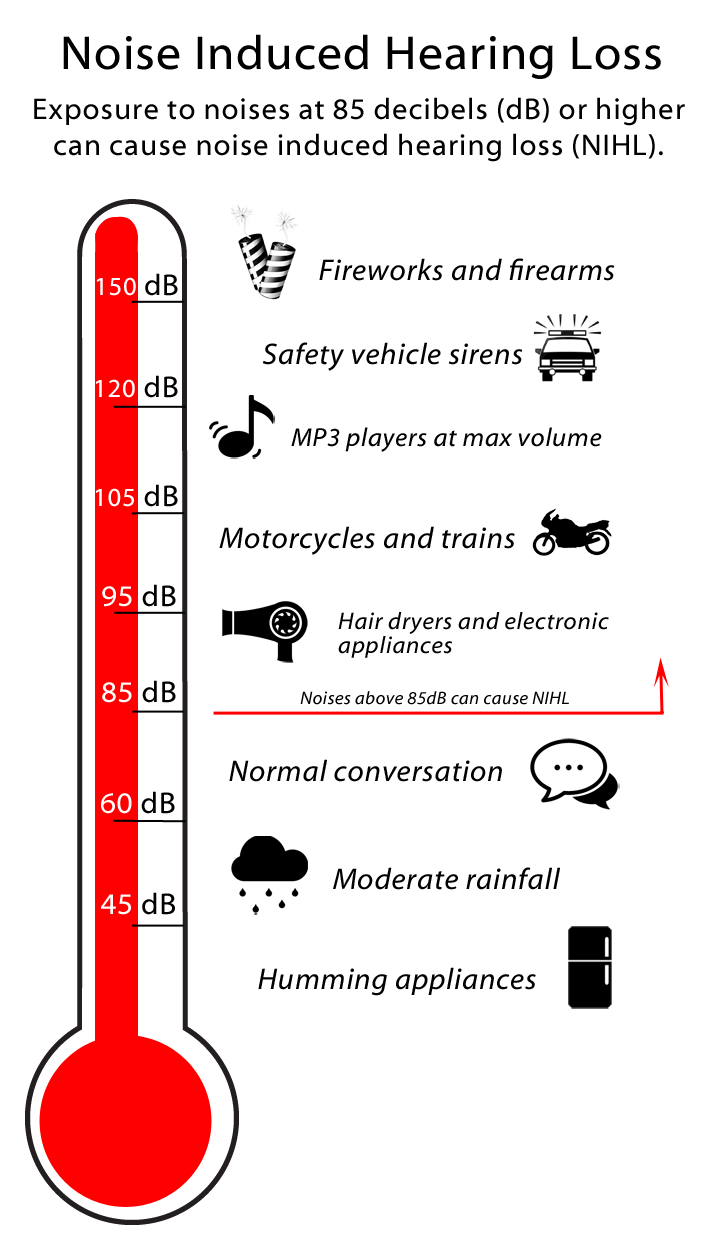


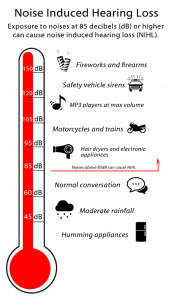







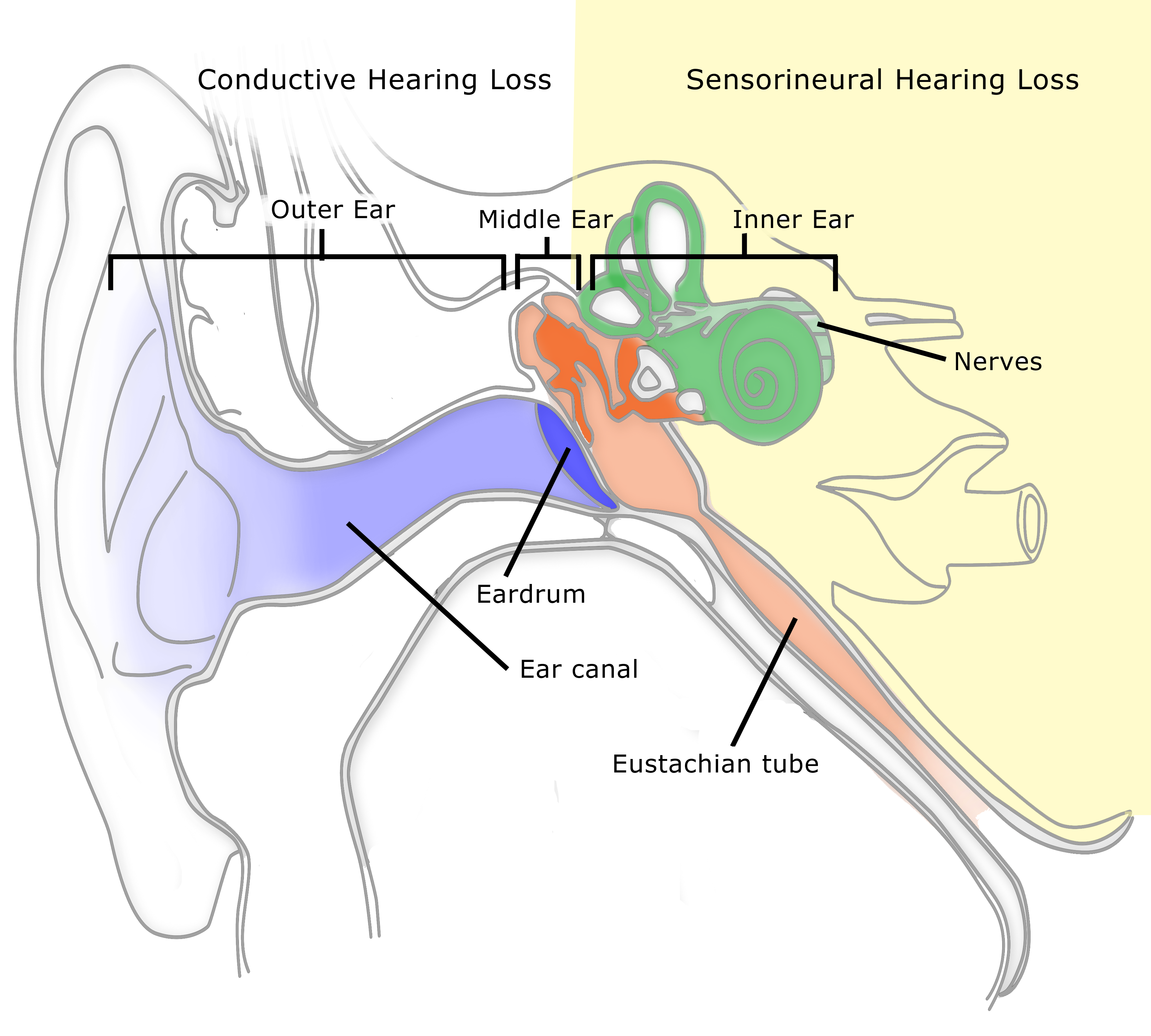

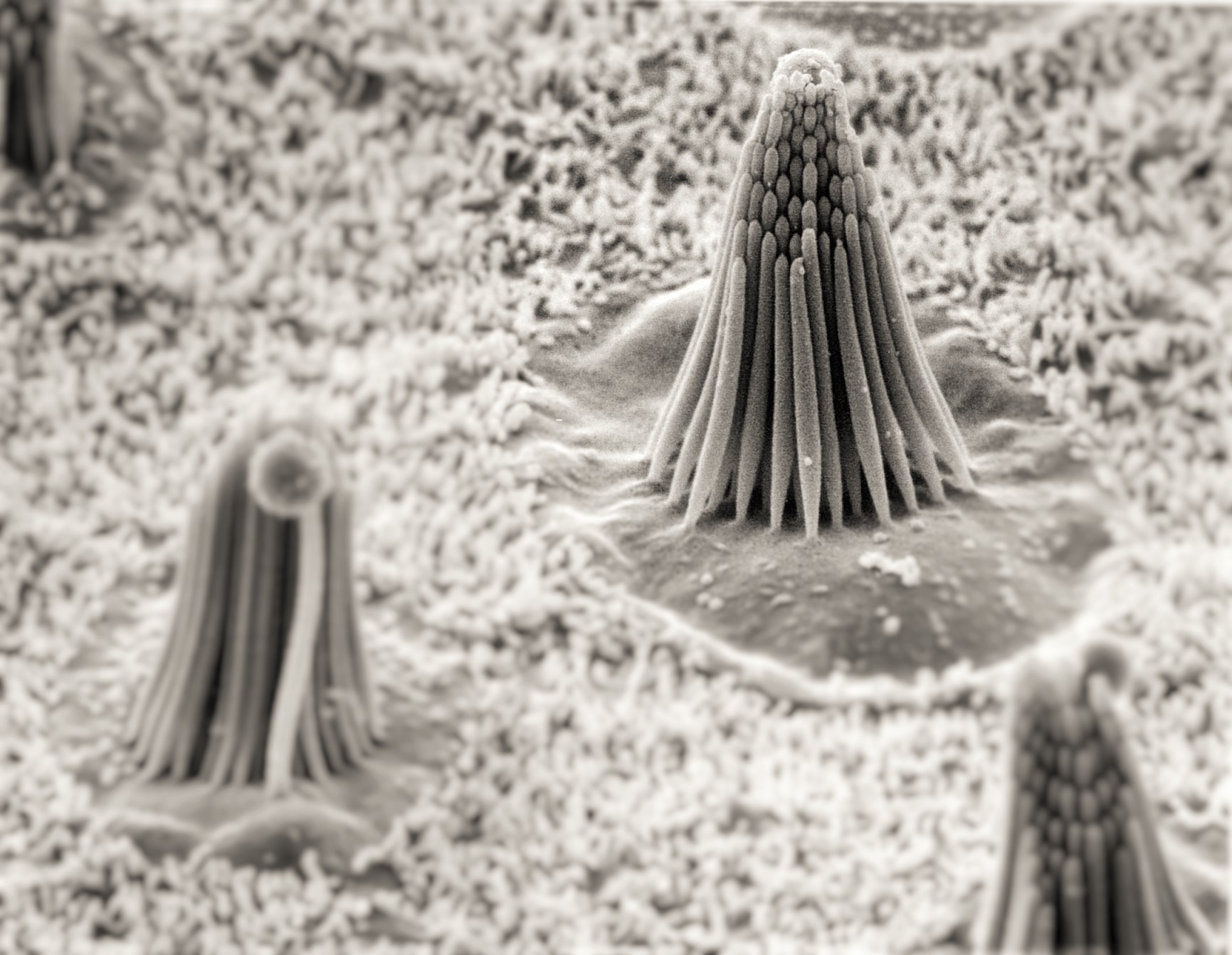
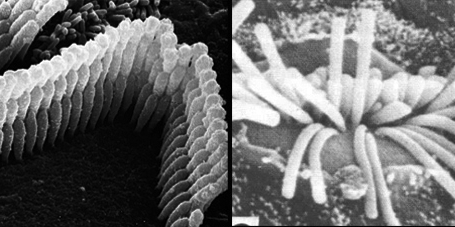
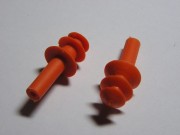
Leave a Reply